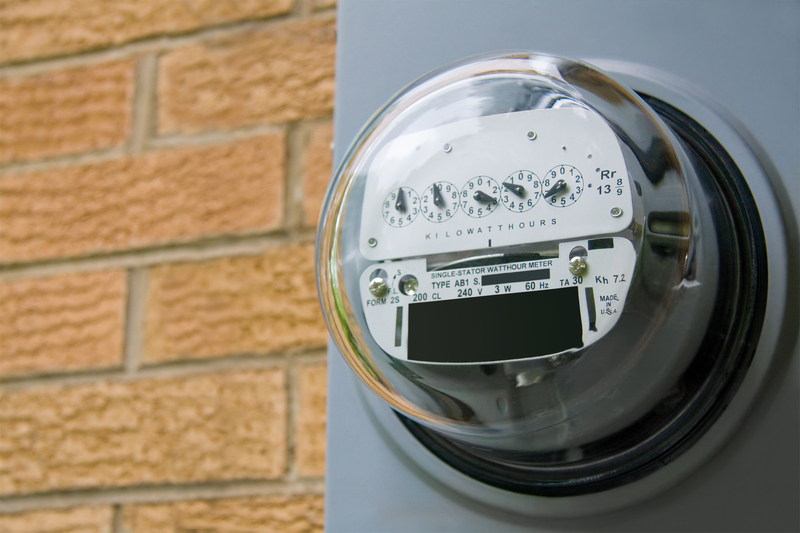TRENTON, N.J. — Lawmakers from New Jersey’s 9th Legislative District are calling on the state Board of Public Utilities (BPU) to reject Atlantic City Electric’s proposed 8% rate increase, citing concerns over its potential impact on financially vulnerable residents.
In a letter addressed to BPU President Christine Guhl-Sadovy, State Senator Carmen Amato, Jr., Assemblyman Brian Rumpf, and Assemblyman Gregory Myhre criticized the utility’s request, which would raise residential customers’ electricity bills by an average of $12.96 per month. They argued that the increase would exacerbate financial hardships for families, seniors, and others on fixed incomes already struggling to make ends meet.
“Already, too many ratepayers cannot afford to pay their electric bills,” the letter stated. “An 8% rate increase will only push more ratepayers to their financial limits while disproportionately impacting those living on fixed or retirement incomes struggling to remain in their current housing.”
Atlantic City Electric recently filed the rate adjustment request with the BPU, pointing to rising operational costs and investments in grid reliability as justification. The proposed increase comes on the heels of previous rate hikes that have drawn criticism from lawmakers and advocacy groups concerned about affordability for low- and middle-income households.
The lawmakers urged the BPU to “outright reject” the utility’s request, emphasizing that their constituents in southern New Jersey have already been hit hard by recent rate hikes. They described the potential increase as an unnecessary burden on residents and called for the BPU to prioritize the needs of ratepayers.
The BPU has yet to make a final determination on the proposal, which has sparked growing opposition from elected officials and community advocates across the region.

